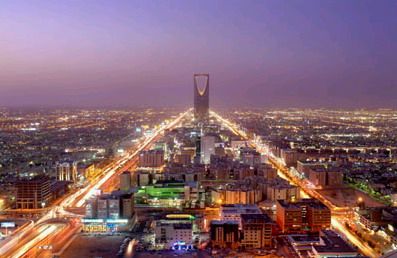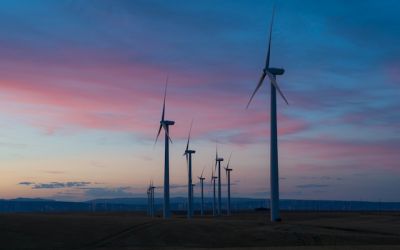Saudi Arabia to launch $30-50 billion clean energy plan
Saudi Arabia is looking to invest up to US$50 billion in renewable energy by 2023, announced the Energy, Industry and Mineral Recourses Minister, Khalid Al-Falih, on Monday

Saudi Arabia is looking to invest up to US$50 billion in renewable energy by 2023, announced the Energy, Industry and Mineral Recourses Minister, Khalid Al-Falih, on Monday.
Speaking at the annual World Future Energy Summit in Abu Dhabi, Al-Falih asserted Saudi Arabia’s commitment to sourcing 30 per cent of its energy demand from non-fossil fuels by 2030.
This goal will require diversifying sources of income and creating new industries with the help of the private sector.
The first round of bidding for projects under the program, which would create 10 GW of power, will begin within the next few weeks.
Saudi Arabia is the world’s seventh largest oil consumer, according to the 2016 International Renewable Energy Agency (IRENA) report on renewable energy market analysis in the Gulf Council Countries (GCC) region.
In the 2000s, domestic consumption of oil increased considerably from 17 per cent in 2000 to 28 per cent in 2014.
The report projects that achieving the GCC renewable energy targets could create an average of 140,000 jobs per year.
The Saudi government has previously hinted towards major solar investments, but progress has been slow despite the country’s considerable solar potential.
In 2013, the government announced its plans to invest $109 billion to build more than 50 GW of renewables by 2030; currently its largest solar farm is a 10 MW installation in Dhahran.
Under the 2015 Paris Agreement, Saudi Arabia offered little in the form of emission cuts; however, since its economic reform launched last year the country is seeking non-oil means to generate much of its additional future energy needs, to avoid depleting oil resources.
Under the new plans, Al-Falih said Saudi Arabia will work on ways to connect its renewable energy projects with Yemen, Jordan and Egypt.
He stated: "We will connect to Africa to exchange non-fossil sources of energy".
Sign up to our newsletter here.




